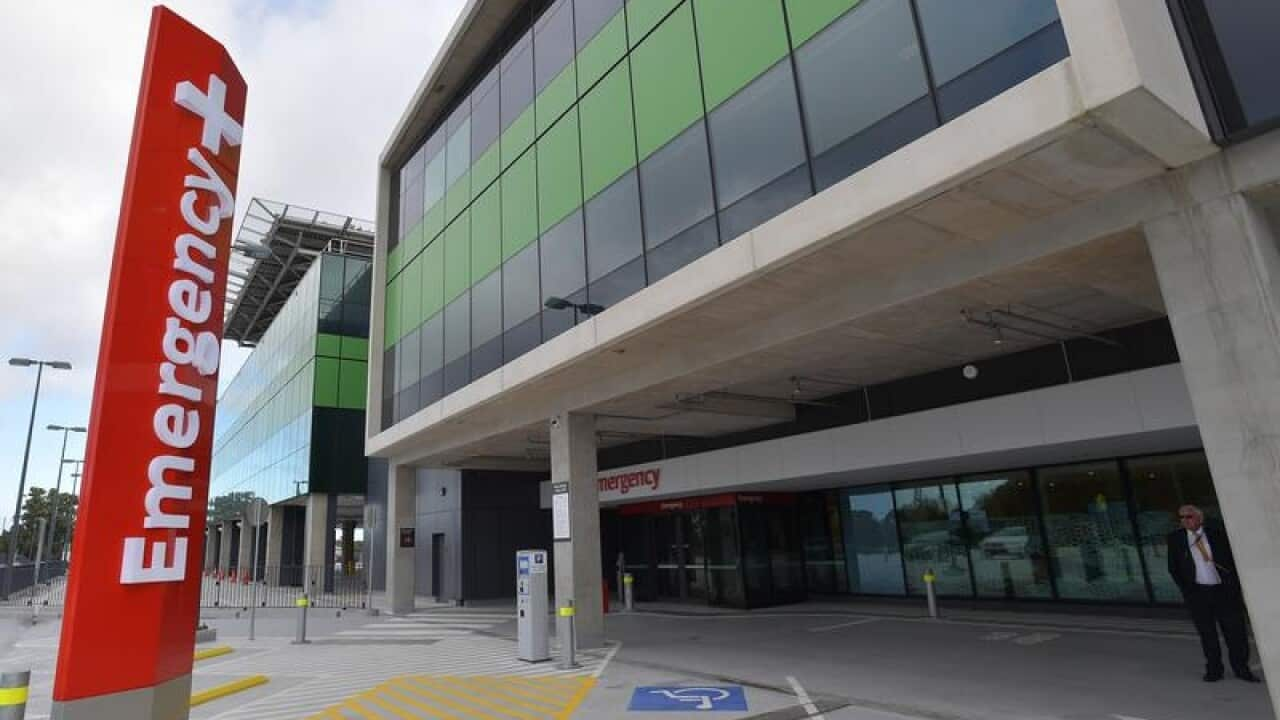Patients with an acute mental illness have been forced to wait days in busy and overcrowded emergency departments before being admitted to hospital to receive specialist care, new research has revealed.
A snapshot of 65 emergency departments across Australia by the Australasian College of Emergency Medicine (ACEM) conducted in December 2017 found nearly one third of mental health patients waited more than eight hours over the past year.
Of those patients, some waited much longer, prompting calls for urgent action to fix the "unacceptable and discriminatory" situation.
The maximum length of stay for an emergency department patient with a mental health presentation was 145 hours, or six days, the survey found.
Despite mental health patients making up only four per cent of total emergency department presentations they are being forced to stay disproportionately long periods of time compared to other patients, said ACEM President Dr Simon Judkins.
"Long waits for mental health care in emergency departments are unacceptable and discriminatory and are likely to lead to serious deterioration in the wellbeing of patients," said Dr Judkins.
Waiting in an emergency department for a hospital bed for more than eight hours is defined as 'access block'.
"When this occurs, it has been shown repeatedly to result in poorer health outcomes," said Dr Judkins.
"On its own, access block is a disturbing phenomenon, and illustrates a problem with the whole hospital system," said Dr Judkins.
Dr Judkins told AAP up until now they had only anecdotal information of mental health patients waiting too long in emergency departments. He says ACEM will use this new research to lobby for better care to support patients presenting with mental health or behavioural needs.
"Increasing mental health presentations to emergency departments means it is incumbent on all stakeholders - health jurisdictions, health networks, health system managers, hospital employers and executives, and governments - to address this issue and develop new policies to support shorter stays in the emergency department," he said.
The ACEM is also calling for mandatory reporting of cases involving extreme waiting times for specialised care and increased funding to community-based and inpatient mental health and alcohol and other drug services.
"It is likely that many mental health presentations to emergency departments occur as a result of chronic underfunding. ACEM believes that funding to mental health services should occur as a matter of urgency," Dr Judkins said.

